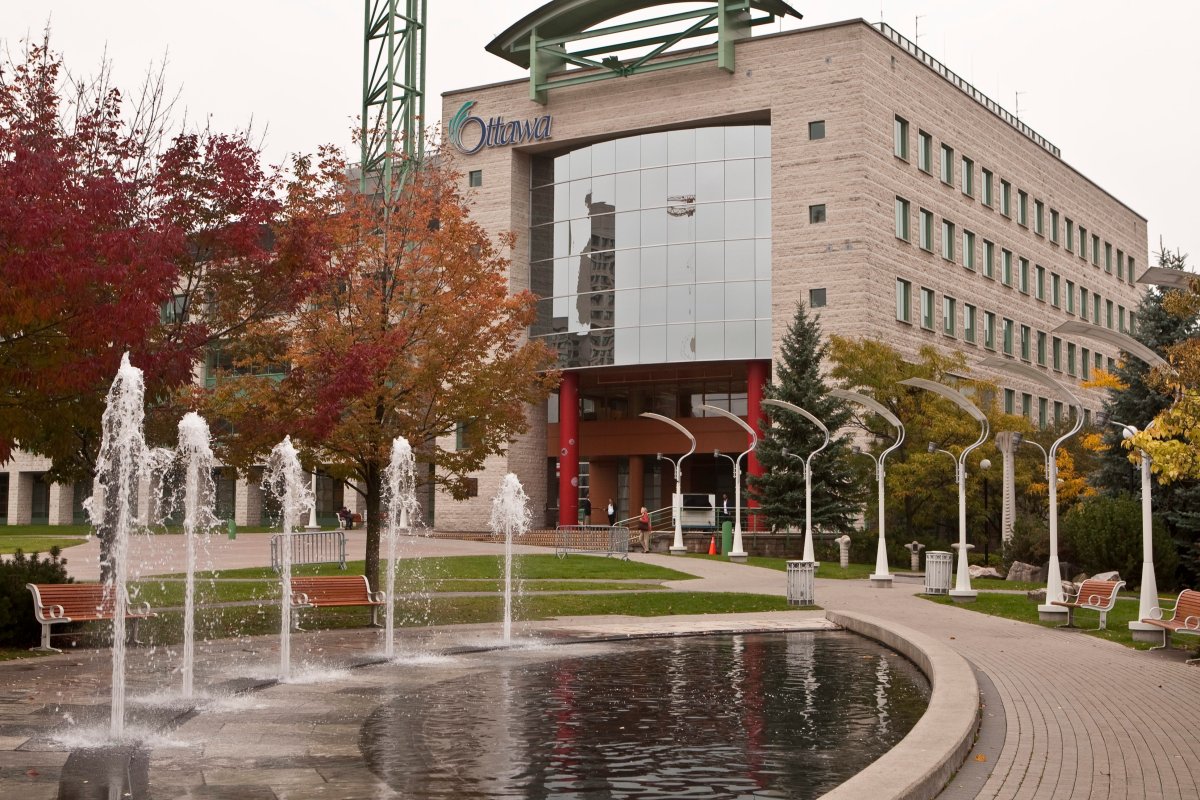As the City of Ottawa marches forward with the development of a women and gender equity strategy, Coun. Theresa Kavanagh — council’s first special liaison for women’s issues — says the first order of business will be gathering statistics.

“The first thing you’ve got to do is collect data to know where you’re starting from before you decide where you’re going to go,” Kavanagh said, as city hall marked International Women’s Day with an official launch event for the strategy.
“You’ve got to look at what’s happening now.”
The city plans to seek public input and ideas for the strategy before implementing it in 2020. The 2019 municipal budget carved out $210,000 for that purpose, which will help fund the hiring of a strategist to assist Kavanagh on the file.
Together with that individual, Kavanagh wants to gather numbers on both the city’s workforce and the services that the municipality delivers to Ottawa residents in order to help inform the new women and gender equity strategy.
Kavanagh said she hopes to bolster the city’s efforts, which have been in place since 2010, to apply a gender lens to city planning and decision-making to ensure municipal policies and programs don’t impact men, women, intersex and trans people unequally.
As an example of how that works, city staff said during a committee discussion on the 2019 budget earlier this week that they intend to review all fees the municipality charges for services to ensure they are gender-neutral.
This was prompted by a question from Coun. Diane Deans about the fee an individual has to pay to register a name change. Deans argued that women are more likely to change their name than men and, as a result, are more likely to pay that fee.
“We recognize that no service or plan is gender-neutral and believe that women leadership is essential to identify gender biases and to ensure services address the needs of all Ottawans,” Kavanagh said on Friday.
“We know that there is more work to be done.”
Gender representation in city workforce, management improving: Kavanagh
On the issue of women in leadership, Kavanagh said there has been a “steady increase” in the number of women holding management positions at the city over the past 10 years, moving from 33 per cent to 41 per cent.
As for the city’s workforce as a whole, women represent 49 per cent of all employees, according to the city’s most recent data, Kavanagh said.
In an effort to keep those numbers on the rise, Kavanagh said the city developed a new outreach and recruitment strategy in 2018. One of that plan’s main objectives is to “create new and innovative programs and initiatives aiming at attracting, retaining and engaging qualified applicants with diverse backgrounds.”
“The workforce has to look like our population,” she said.
The importance of diversity was another point that Kavanagh underscored in expressing what a new, citywide women and gender equity strategy would involve.
“We’re not just talking about women but also women from all different backgrounds,” she told reporters. “We want to know: What’s stopping you from being your best? What is stopping us from giving you our best?”
In his opening remarks on Friday, Mayor Jim Watson, who campaigned on a promise to strive for gender parity on the city’s committees, advisory boards and appointed agencies, said that goal was achieved after the selection and appointment process at the start of the term.
Getting gender parity at the city council table, however, remains a challenge, said Kavanagh, who is one of seven women elected to Ottawa’s 24-member council in the last municipal election. The councillor said she wants to see that number grow.
“I know how hard it is for women to run. There are barriers we still need to break down and make it easier,” Kavanagh said. “It’s just attitude sometimes but it’s so many things.
“We want to listen and hear from people about what stops you from doing this.”
- What is a halal mortgage? How interest-free home financing works in Canada
- Ontario doctors offer solutions to help address shortage of family physicians
- Capital gains changes are ‘really fair,’ Freeland says, as doctors cry foul
- LGBTQ2 rallies will be held across Canada next month. Here’s what to know




Comments